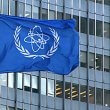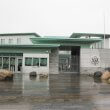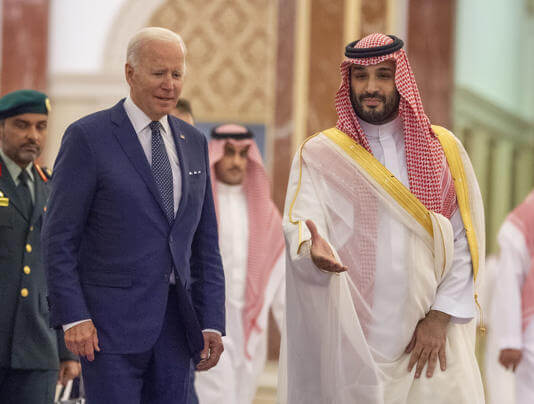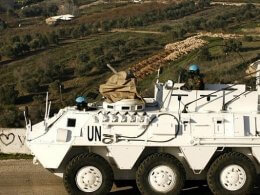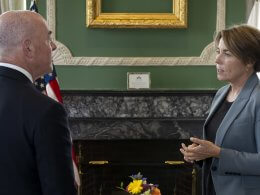The relationship between the United States and Saudi Arabia may be strained, but it is not broken, as evidenced by a report that shared intelligence of an impending attack from Iran has both countries on high alert.
The news that the countries expect attacks in Saudi Arabia and an area in Iraq where U.S. forces are based came just weeks after the Saudi-led OPEC+'s decision to cut oil production Some lawmakers even called for the U.S. to strip defense systems from the Middle Eastern ally. At the moment, however, the two appear to be cooperating.
"We are concerned about the threat picture, and we remain in constant contact through military and intelligence channels with the Saudis," a National Security Council spokesperson told Fox News, "We will not hesitate to act in the defense of our interests and partners in the region."
The statement that the U.S. will defend regional allies, and the report that it was Saudi intelligence shared with the U.S. that led to the high alert status, show that both sides are at the very least maintaining a working relationship despite the rhetoric coming out of each country.



